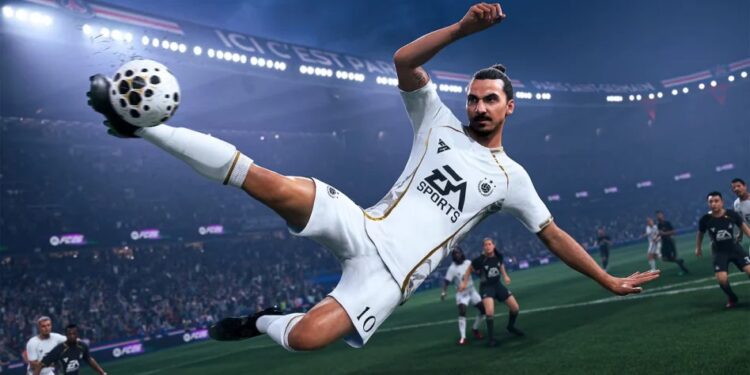Electronic Arts, one of the world’s largest video game publishers, has agreed to a $55 billion deal to be taken private by a consortium led by Saudi Arabia’s Public Investment Fund, US private equity firm Silver Lake, and Affinity Partners. The move would represent the biggest leveraged buyout in corporate history and marks a turning point for the gaming industry.
Terms of the deal
Under the agreement, EA shareholders will receive $210 per share in cash, a premium of around 25 per cent compared with its recent market price. The transaction will be financed by approximately $36 billion in equity and $20 billion in debt, with JPMorgan Chase backing the debt package. If finalised, EA will delist from public markets and continue operations as a privately held company.
Leadership and continuity
EA’s chief executive, Andrew Wilson, is expected to remain in his post, and the company’s headquarters will stay in Redwood City, California. The Saudi Public Investment Fund, which already holds close to 10 per cent of EA stock, will roll its stake into the new entity. The buyout partners argue that the deal will give the company greater flexibility to invest in future technologies without the short-term pressures of quarterly earnings.
Strategic drivers
The consortium sees strong long-term value in EA’s portfolio of franchises, including Madden NFL, The Sims and Battlefield. Private ownership is expected to allow the company to accelerate development in artificial intelligence, cloud gaming and new monetisation models. Analysts note, however, that EA has faced a difficult period, with disappointing sales in some flagship titles and staff reductions in recent years.
Risks and scrutiny
The deal is likely to face close examination from regulators in the United States and abroad, particularly given its heavy debt structure and the foreign ownership component. National security considerations, as well as concerns over transparency in privately held entertainment companies, could complicate approval. EA shareholders must also vote to confirm the sale, and the company would face penalties if the deal is abandoned under agreed conditions.
Industry impact
If completed, the acquisition would reshape the competitive landscape for global gaming. It highlights the growing appetite of sovereign wealth funds and private equity for entertainment assets, while also raising questions about creative control and accountability. For rival publishers, the move may trigger further consolidation as companies look to compete with privately backed giants.
Next steps
The transaction is expected to close in the first quarter of fiscal 2027, subject to shareholder approval and regulatory clearance. Until then, EA will continue to trade publicly and report quarterly results. Investors and industry observers will be watching closely to see how the shift to private ownership affects both its strategy and its position within the global games market.
Newshub Editorial in North America – 30 September 2025



Recent Comments